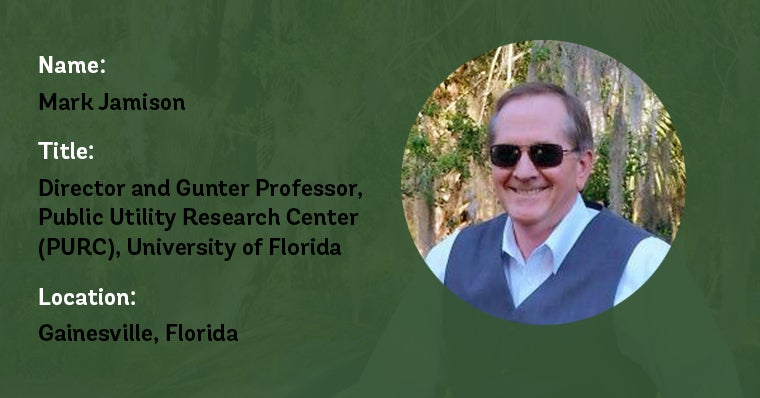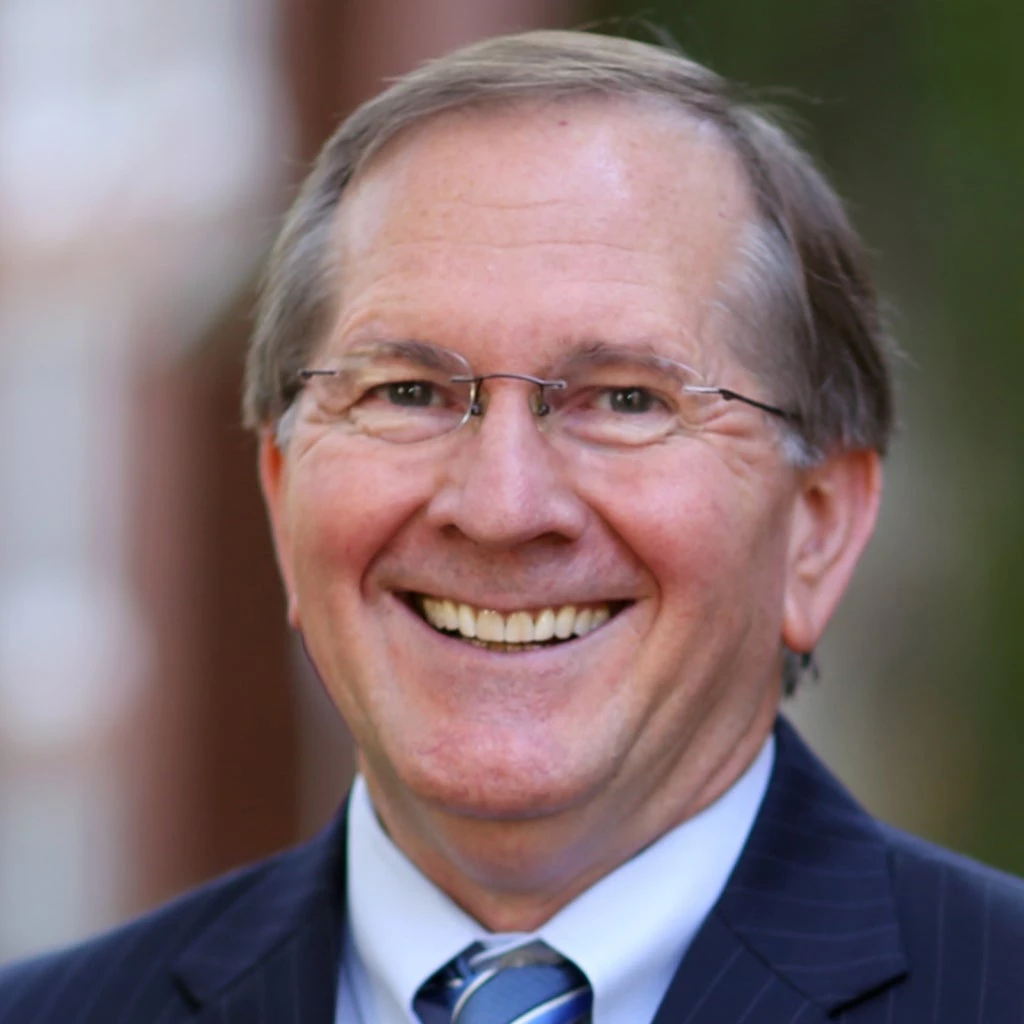
Editor's Note:
Welcome to the “10 Candid Career Questions” series, introducing you to the PPP professionals who do the deals, analyze the data, and strategize on the next big thing. Each of them followed a different path into PPP practice, and this series offers an inside look at their backgrounds, motivations, and choices. Each blogger receives the same 15 questions and answers 10 or more that tell their PPP career story candidly and without jargon. We believe you’ll be as surprised and inspired as we were.
1. What was your first job? What was your best job?
My first job out of college was as a financial advisor to farmers in western Nebraska. This was with the University of Nebraska as part of its Cooperative Extension Service. My best job is the one that I have now. At PURC we provide training and research for people who are trying to improve utility regulation. This work combines my sense of mission (investing in people and improving the lives of those suffering from lack of infrastructure), my passion for intellectual inquiry, and my need to be entrepreneurial (PURC is not funded by the University, so we are constantly learning about what our clients need and innovating to serve them better.) As George Bernard Shaw said: “This is the true joy in life, to be used for a purpose recognized by yourself as a mighty one.”
2. What do your family members think you do all day at work, and what do you really do all day at work?
They have no idea. Once while I was meeting some members of the U.S. Congress, my children asked their mother whether I was important. She explained that I was not, but that I sometimes meet important people. What I really do varies greatly from day to day. Some days are focused on research, trying to deepen what we know about infrastructure and institutions. Other days are spent teaching, helping professionals around the world develop the knowledge they need to solve their challenges and build a future for their countries. And on other days I am building the PURC team, of which I am very proud to be a part of. The only thing I would change would be less email and less bureaucracy.
3. Complete this sentence: Some days at the office I feel like Sisyphus, occasionally I feel like Midas, but most of the time I feel like...
Socrates, because I focus on getting the questions right and getting talented people to think about them.
4. What is your go-to industry website?
I don’t have one. But I am quite proud of the Regulation Body of Knowledge, to which I have been fortunate enough to be a contributor.
5. What is the book that made the biggest impact on you, and what did it professionally teach you?
Probably Smith’s The Wealth of Nations, because he lays out the underlying logic of markets. If I can suggest another, Mill’s Principles of Political Economy is a must read.
6. What are you shocked to hear yourself say when you give advice to young professionals?
Get a Ph.D. only if you have an insatiable curiosity and are never satisfied simply deferring to experts.
7. What is the most rewarding thing you have experienced in your work?
When I visit a country where my former students are leading cutting edge work on infrastructure regulation. I tear up every time.
8. What is the most surprising thing you have experienced in the course of PPP practice?
At the end of the day, it all rests on relationships. We can get the economics, engineering, legal aspects, accounting, etc. perfect and still fail if we do not get the relationships right.
9. Complete this sentence: I’ve learned never to compromise professionally on...
Ethics. You can sell your good name, but you can never buy it back.
10. In what ways do you think the PPP area you work in will look different in 10 years?
I think that our standard model for infrastructure regulation will need to be enhanced. In some countries (such as the U.S.) our standard institutional design was developed for a time when politics was not as divisive and the gains from cronyism were not as great. I see institutions wilting under the pressures. So we need to think of new ways of providing accountability, professionalism, and predictability in infrastructure regulation.


Join the Conversation